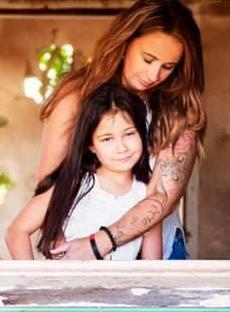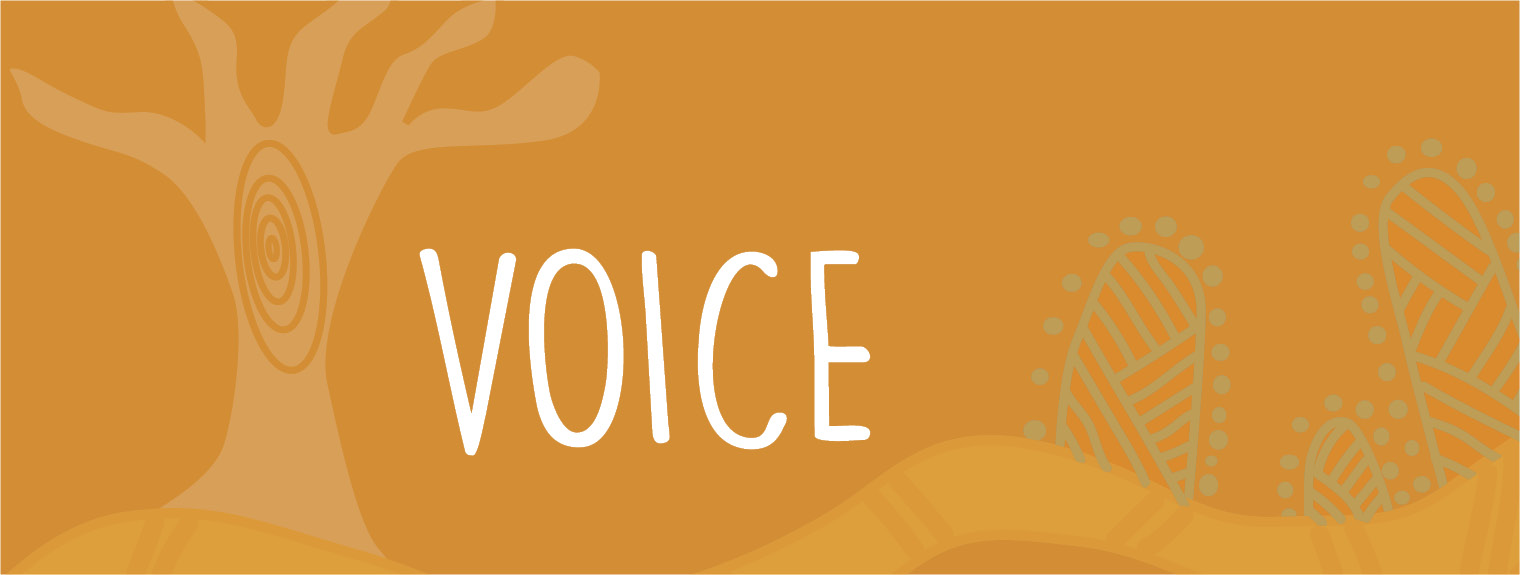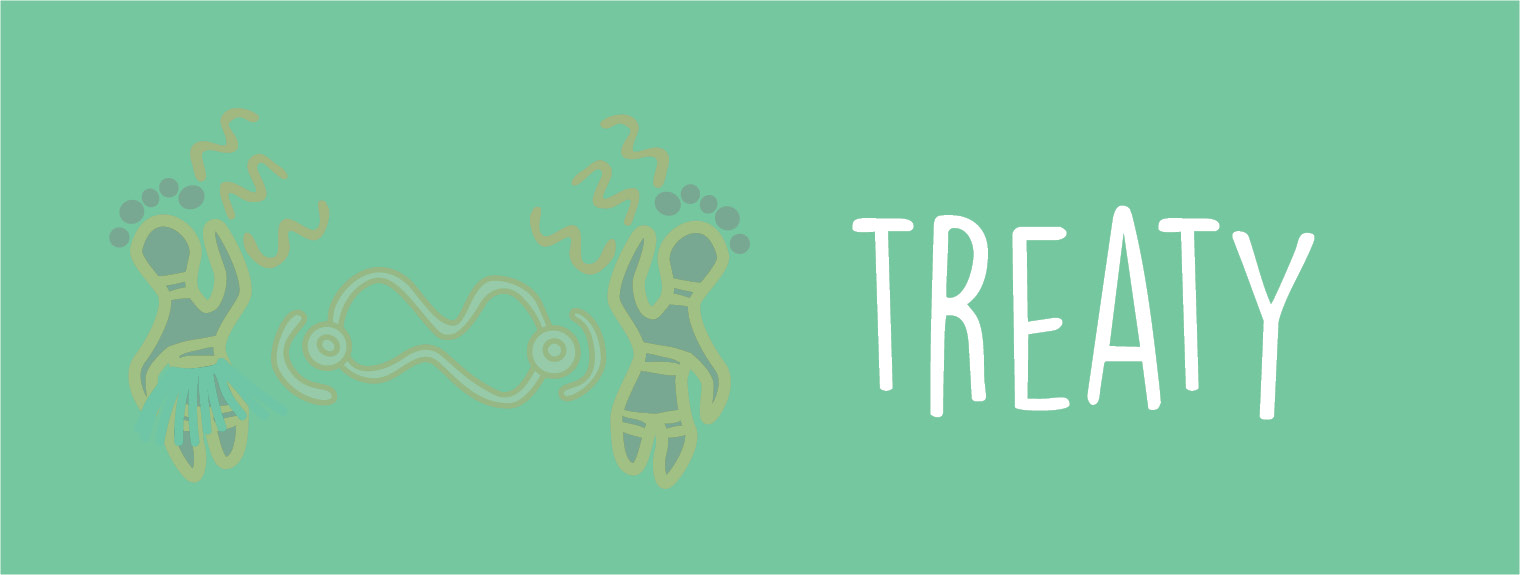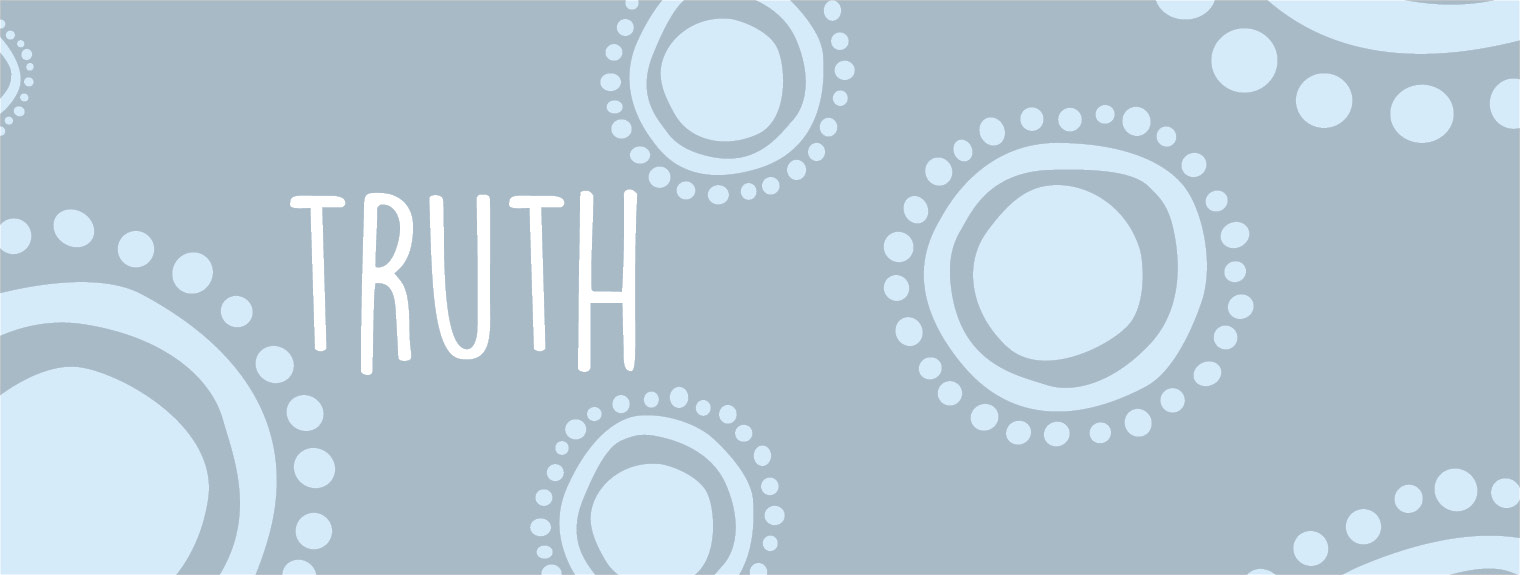Sue-Anne Hunter is a strong Wurundjeri woman who works to support cultural healing of the Aboriginal Community.

She is a social worker who is committed to self-determination, advocating for the rights of Aboriginal children, young people and families and strengthening culture within our families and communities.
Sue-Anne has worked in the Aboriginal child and Family Welfare sector for 18 years. She previously had oversight of all the cultural clinical healing services at Victorian Aboriginal Child Care (VACCA) and was the central point for the development of an integrated culturally appropriate and trauma informed approach.
Sue-Anne is also experienced in multiple therapeutic interventions and brings a cultural lens to her therapeutic work including Aboriginal healing wisdom when working with Aboriginal community, children and families.
Deadly Story welcomes Sue-Anne as she shares her thoughts on 2019's NAIDOC theme of 'Voice, Treaty, Truth.'


What does it mean for the Aboriginal Community to have a voice in our modern society?
For me, I think we’ve been silenced, we’ve never had a voice really, and so to be able to have the opportunity to have one is really quite powerful. I think it needs to be a voice of positivity, power and change. It shouldn't be a voice of arguing or fight but a voice of reason, about why things need to change.
It needs to be a voice of positivity, power and change
What are your ideas for how the Aboriginal voice in this country can be given a greater platform?
Probably the best way is through self-determination. I think through self-determination, at least we’re given our own platforms not driven by government agendas but driven by us and our needs. To me self-determination is about making safe, healthy, meaningful decisions for ourselves. However there’s issues around getting to that point, including historical issues that impact our people, the trauma responses, the anger and the fight that people are constantly in. We really need to think about what we want our voice to be saying, meaningfully.
Self-determination is about making safe, healthy, meaningful decisions for ourselves
There’s a heap of ways that the Aboriginal voice can be given a greater platform. Media is a really good outlet that needs to be seen in a positive light. The voice needs to come from a place of positivity, not negativity and argument, because that’s a way you’re going to get heard. And I think that Australia needs to give us a platform. They need to say “we want to hear your voice” otherwise we’re not going to be heard. So it doesn’t matter how you go about it, it’s not going to be really listened to or heard unless the leaders give you a platform.
(To get to those leaders) is about the education of Australia as a whole. They are the people that set the context for how we’re going to hear Aboriginal people. Every time someone new comes in power, they decide whether to hear our voices or half-listen in their legislation, their policies and their practices around everything they do. So unless those attitudes change, we’re not going to get the proper voice that we need. You can’t hand pick a voice, you can’t say we’re going to speak to one person but not another because they're argumentative. You need to listen to a collective of voices I think, and what are they all saying and how does that join together to make Australia great and better than what it is.
You need to listen to a collective of voices


What does treaty mean to you?
Treaty for me and for us as First Nations people means that we’re all given a voice. Not just a select few but that all nations within Victoria are given a voice at the table and that we negotiate for ourselves. It's also important that it’s not government driven or led, but that it’s led by our people for our people.
All nations within Victoria are given a voice at the table and that we negotiate for ourselves
What aspects do you think should be included in the conversation about treaty?
I think that’s a big conversation. It’s about looking at what was taken and how do we get it back. It's not necessarily just about land, because non-Aboriginal people think they’ll lose land. But it is about giving us our sacred places and spaces. I think being able to practice our culture is important, without it having to be a public ceremony of some sort, that we can just go and practice.
It is about giving us our sacred places and spaces
That language, our First Nations language, is taught – it doesn’t need to be taught fully – but that schools have an understanding of different words and what they mean. Because we’ve been speaking Aboriginal languages for a long time and people don’t realise – when they’re speaking suburb names and things like that, they’re speaking words in an Aboriginal language. So language needs to be really honoured and recognised.
Poverty needs to be number one – how do we give back what they took away to fix the poverty gap.
Poverty needs to be number one – how do we give back what they took away to fix the poverty gap


What is a fact or truth about Aboriginal history and current experience that you think should be widely known?
The truth and history of Australia and how it was founded. And the truths about massacres and rapes and the policies of genocide need to be acknowledged. That’s the truth that needs to be told. And until you can own that as a nation, you can’t really move forward.
Until you can own that as a nation, you can’t really move forward
What do you think needs to be done to make these truths known?
So we’ve had the Apology to acknowledge the Stolen Generations but nothing meaningful actually happened after that so it needs to be within education. It needs to be not just the education system but education as a whole. And we just need to honour that facts of what happened through colonisation. We need to honour the fact that Australia has a dark history and think about how we look forward to start rectifying it. Nothing will ever make (the dark history) ok but that’s how we move forward as a nation together.
It needs to be not just the education system but education as a whole
